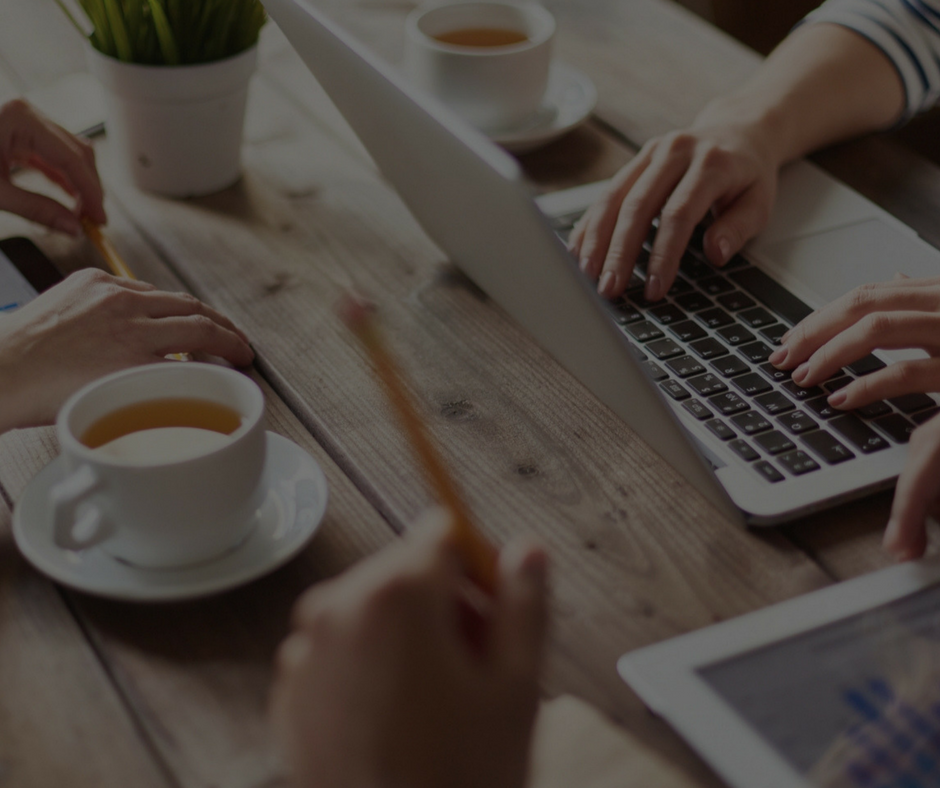It can be tempting to look to a cup of coffee, tea, energy drink, or hot chocolate when you are feeling tired or sluggish. In most cases this is absolutely fine, and can offer a fairly harmless boost to your mood and energy levels. There are however some problems that can come about from too much caffeine.
Feeling anxious, a racing heartbeat, an inability to concentrate, insomnia, and dehydration due to caffeine being a diuretic are some of the negative side effects of consuming too much caffeine. To make sure you can enjoy that coffee and get the most out of it, follow these tips…
Space them out
Did you know it takes around 50 minutes for caffeine to take full effect? If you are waking up in the morning and doubling up, thinking after 20-30 minutes that you are still tired and need another cup, you may find yourself with the jitters by mid morning.
Hydrate
To counteract the dehydrating effects of caffeine, the rule of thumb is to have a glass of water with every caffeinated beverage you consume. Although contrary to this advice, evidence has shown that the greater your tolerance to caffeine- such as if you have been regularly drinking coffee a few times a day for years- your body learns to process caffeine more efficiently and so the dehydrating effect is less than for someone who only occasionally consumes caffeine.
Still, many of us don’t drink the recommended amount of water in a day, so it may pay to increase your intake anyway. Keeping a full drink bottle with you during the day that you can sip on is a great trick- you might also be less likely to make yourself another coffee out of thirst this way.
Warm up other ways
Hot beverages are a great way to warm yourself up, whether you are getting a chill in the cooler seasons, or from the air conditioning at work. Dress a little warmer, and try caffeine free hot drinks such as fruity herbal tea, decaf black tea, or even just hot water with a little lemon for flavour. This way you still warm up but aren’t overdoing the caffeine.
Keep to the guidelines
In general it is a good idea to limit yourself to under 200-300mg of caffeine. To put this in perspective, a cup of instant coffee has roughly 70-80mg of caffeine, black tea has 30-40mg, green tea has 10-20mg, barista/brewed coffee can have anywhere between 100-200mg depending on where you buy it from, and you need to watch sizing- a large takeaway coffee may have more than one shot in it.
Be aware of lasting effects
The half life of caffeine – that is, the amount of time it takes for the body to eliminate half of the caffeine ingested- is anywhere between 3-7 hours depending on a number of factors such as body weight, pregnancy, liver function, age, and whether there are any other drugs such as prescription medication that the body is simultaneously trying to process.
This means that if you are having a caffeinated beverage every few hours, there is probably going to be a build up effect, and each subsequent dose will have a greater effect. Experiment with this yourself- what is the optimum timing for you?
Is one in the morning and one mid afternoon just right? Or does one is the morning and one at lunch time mean you sleep better at night? Does one last you all day?
Occasionally detox
What we mean by this, is that if you regularly drink caffeinated beverages you will build up a tolerance, which means that you will no longer get the same boost to your energy levels, and will instead need a caffeine hit just to feel normal, let alone energised.
Occasionally cutting back or cutting out caffeine for a few days or a week allows your body to reset to some extent, and when you start drinking coffee again you will notice more of an effect. Of course, one could argue that exercise, good diet, and drinking enough water should be your primary method for improving energy levels, and caffeine should be only an occasional indulgence.
But really, it comes down to what works for you, your body, and your lifestyle.

